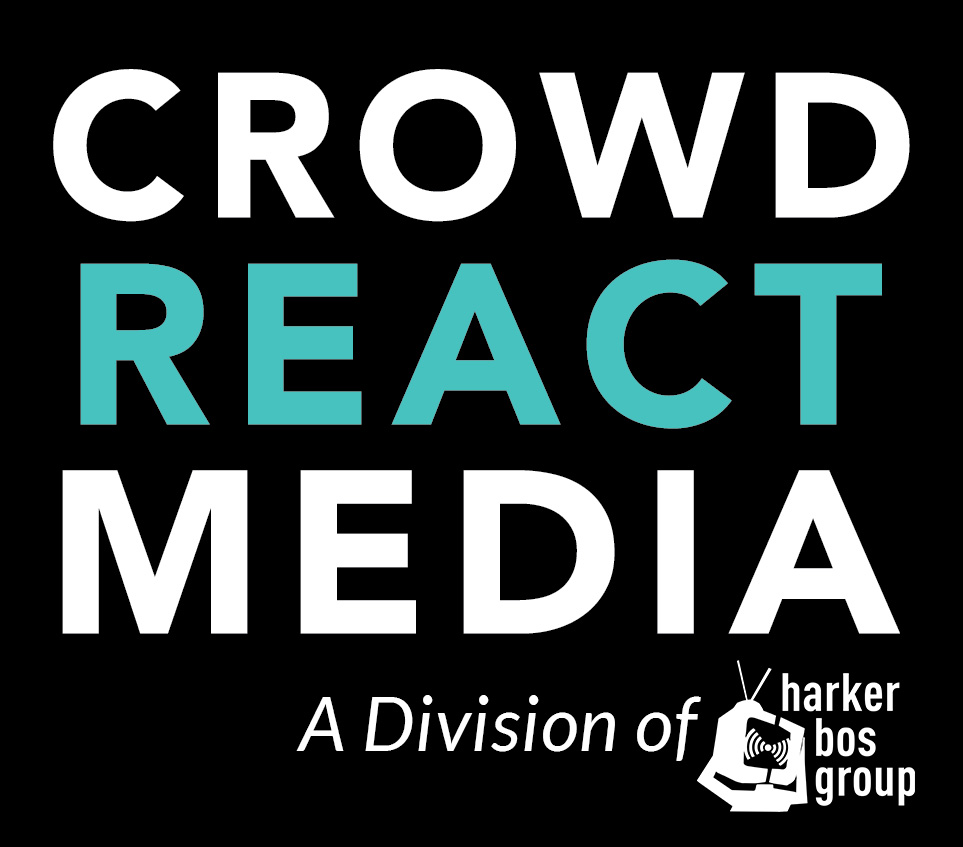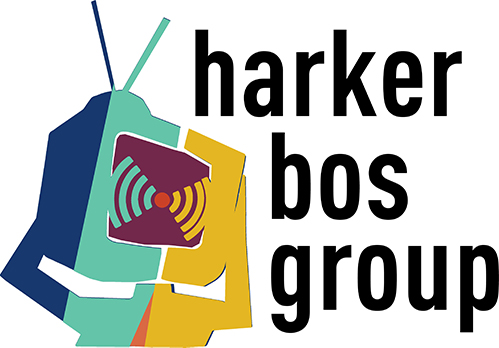Weekly Roundup – February 25th, 2025
Roundup Links
Baseball Strikes Out at ESPN: Sports Giant to End TV Rights Deal With MLB After Current Season
"One way to prevent people from canceling a streaming subscription: go big on live events and sports.
And that's what Netflix and Amazon are doing in their ongoing battle with struggling traditional TV players such as Disney and Comcast.
"It's [easier] to cancel streaming than it is a cable service. You push a button on the platform and you're out," Horizon Sports and Experiences co-CEO David Levy told Yahoo Finance executive editor Brian Sozzi on the Opening Bid podcast."
Our Take: Is this a sign of the sports-rights bubble bursting in the near-future? ESPN are basically saying this is too expensive for the amount of viewers they are actually getting on these broadcasts. Perhaps this is the first domino to fall.
Podcast Ads See Longer Breaks, Bigger Brands, More Spending
"Podcast advertising continued its rapid expansion in Q4 2024, with total ad spend rising 19% year-over-year, according to Magellan AI’s Podcast Advertising Benchmark Report. The study, which analyzed 96,900 podcast episodes, highlighted significant growth in new advertisers, shifting industry trends, and changes in ad placement strategies.
Eight of the top 10 advertisers from Q3 remained heavy spenders in Q4, demonstrating strong advertiser retention. Two new brands – Activision and FanDuel – entered the top 10, reflecting the growing interest from entertainment and sports betting industries."
Our Take: While this is a positive for podcasting overall, a lot of people are still skipping podcast ads. It's incredibly simple to do. Unlike radio where listeners are forced to listen to the ads.
How a computer that 'drunk dials' videos is exposing YouTube's secrets
"The top YouTubers attract audiences in the hundreds of millions, but the researchers estimated the median number of views for a YouTube videos is just 41, and 4% of videos haven't been watched a single time. About 74% of videos have zero comments. Around 89% have no likes. Typical YouTube videos aren't just getting little attention it seems, they're also very short. They assessed that the median YouTube video is only 64 seconds long, and more than a third of videos are less than 33 seconds long."
Our Take: Instead of revealing the 'shadowy nature of YouTube', these statistics merely show that a handful of creators are getting most of the views...and that the site is a viewership and engagement graveyard for everyone else. Much like Tinder where only a handful of people are getting others on the app to swipe right on their profile pic.
NPR and PBS Face a Moment of Truth
"Over the past twenty years, the local, for-profit news media in the United States has collapsed, leaving more than 2,000 of the 3,143 counties in the United States with no daily print or digital newspaper. To make informed political choices, citizens in a democracy need access to factual, verified information and news analysis. Yet, in news deserts, residents lack access to high-quality, professionally reported information about what elected representatives are doing and how businesses treat workers and consumers.
...
More than ever, we need challenging, feet-to-the-fire journalism that makes politicians deliver for their constituents in every local community. Public media stations cannot do this if they must rely on the same donors and corporations as our politicians."
Our Take: A lot of think pieces are bubbling up nowadays about a potential realignment of the political left where the message seems to be the following: Deemphasize the influence of the donor class while elevating the concerns of the working class.
AI race's winner might not yet be born
"A hot startup that grew overnight into a billion-dollar behemoth is racing with established tech giants for supremacy in a new market that everyone expects will unlock a future of abundance and profit.
Flashback: That sounds like a description of OpenAI vs Google et al., but it's actually an account of the "browser wars" at the dawn of the web 30 years ago — when Netscape vied with Microsoft to control the software people would use to access the internet.
Why it matters: In 1996 or 1997, a couple years after forward-looking tech leaders first realized that "owning" the web browser would be a prize, Google — the company that would ultimately win the race — didn't even exist."
Our Take: We are just at the starting blocks when it comes to the AI race.


